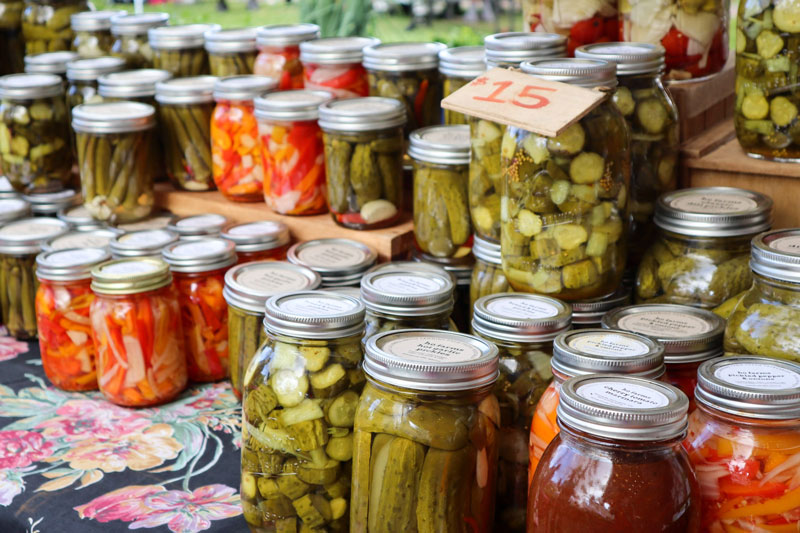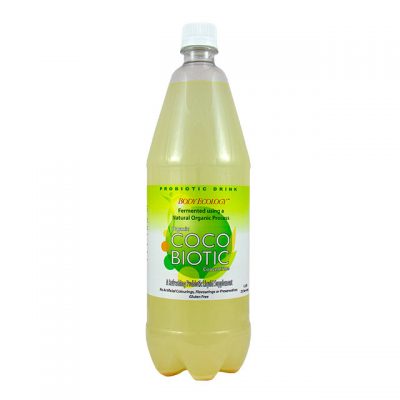Plant-based foods contain many of the essential nutrients we need for our bodies to function. However, many plant-based foods also contain various anti-nutritional substances. The most common anti nutrients are:
Phytates (Phytic acid) – A substance plants use to protect themselves from predators which is found in grains, seeds, nuts and legumes. Phytates can bind to essential minerals like calcium, magnesium, iron and zinc, making a good deal of them pass through our bodies before we have a chance to absorb them.
Gluten – Contains phytic acid and is found in wheat, barley and rye products.
Tannins – A compound in red wine, tea, unripened fruits, legumes, and cocoa. Tannins reduce the activation of digestive enzymes, plus inhibit protein digestibility and iron absorption.
Lectins – Found in legumes, as well as the nightshade class of plants, which include peppers, tomatoes, eggplant and white potatoes. Lectins interfere with the absorption of calcium, iron, phosphorus, and zinc.
Oxalates – Oxalates bind to calcium and inhibit its absorption. They are commonly found in cocoa, nuts, spinach, soybeans. Also raw, cruciferous vegetables such as kale and broccoli.
These substances reduce the nutritional value of foods by interfering with the mineral bioavailability and digestibility of proteins and carbohydrates.
However, research has shown that some methods of food preparation such as soaking, sprouting, cooking and fermentation can help cancel out some of these anti -nutritional factors improving nutrient and mineral bioavailability.

Soaking and sprouting grains, nuts, seeds and beans is an excellent way to deactivate phytate anti – nutrient compounds.
High heat such as boiling foods can also reduce anti-nutrients such as oxalates, tannins and lectins. In contrast phytates are not affected by heat.
We know of fermentation as an ancient method of food preservation, but it is also a process that degrades anti – nutrients in foods, particularly phytates/ gluten, oxalates and lectins.
In simple terms, fermentation is a form of pre-digestion where the beneficial lactic acid bacteria and microbes from the fermentation process break down foods and do some of the digestive work for us.
There has been numerous articles and studies on fermentation and the reduction of anti – nutrients and the increase of nutrient content in plant foods.
Researchers discovered iron bioavailability was found to be greater in fermented vegetables than in fresh vegetables. (1) A study on the fermentation of lentils showed a reduction in lectins of over 97%. (2) Another study showed Oxalate levels were greatly reduced in Kimchi fermentation. (3)
Fermentation is common throughout history and still to the present day in many different cultures and foods around the world such as sauerkraut, kefir, kimchi and yogurt.
AGM Foods unique FloraFerm™ fermentation process takes fermentation a step further, taking all the work out of fermenting your own plant-based foods at home. This makes it so easy to include and enjoy the Grainfields fermented foods and their benefits in your diet every day.
(1) Increased iron bioavailability from lactic-fermented vegetables is likely an effect of promoting the formation of ferric iron (Fe(3+)): Nathalie Scheers , Lena Rossander-Hulthen, Inga Torsdottir , Ann-Sofie Sandberg.
(2) Effect of Natural Fermentation on the Lectin of Lentils Measured by Immunological Methods: Carmen Cuadrado, Gyongyi Hajos, Carmen Burbano, Mercedes M. Pedrosa, Gema Ayet, Mercedes Muzquiz. Food and Agricultural Immunology Volume 14, 2002
(3) Effect of Kimchi Fermentation on Oxalate Levels in Silver Beet ( Beta vulgaris var. cicla): Yukiko Wadamori , Leo Vanhanen, Geoffrey P Savage Pub Med 2014 Apr 23;3(2):269-278. doi: 10.3390/foods3020269
*Enhancing Micronutrients Bioavailability through Fermentation of Plant-Based Foods: A Concise Review By Mrinal Smtiya, Rotimi E. Eluko, Anil Kumar Puniya and Tejpal Dhewa.
*Reduction in antinutritional and toxic components in plant foods by fermentation: N.R Reddy and M.D Pierson, Food Research International.
*Harvard University online





